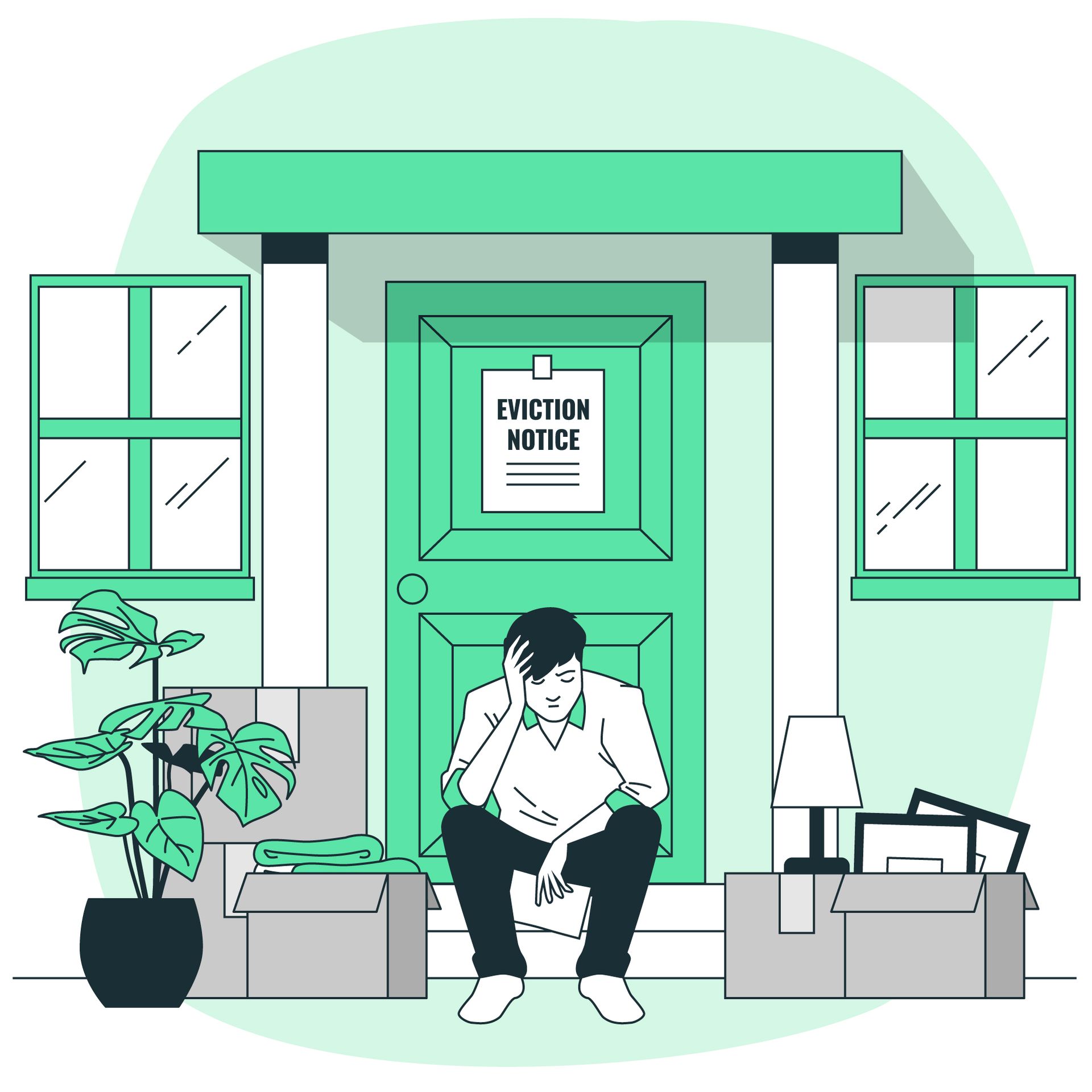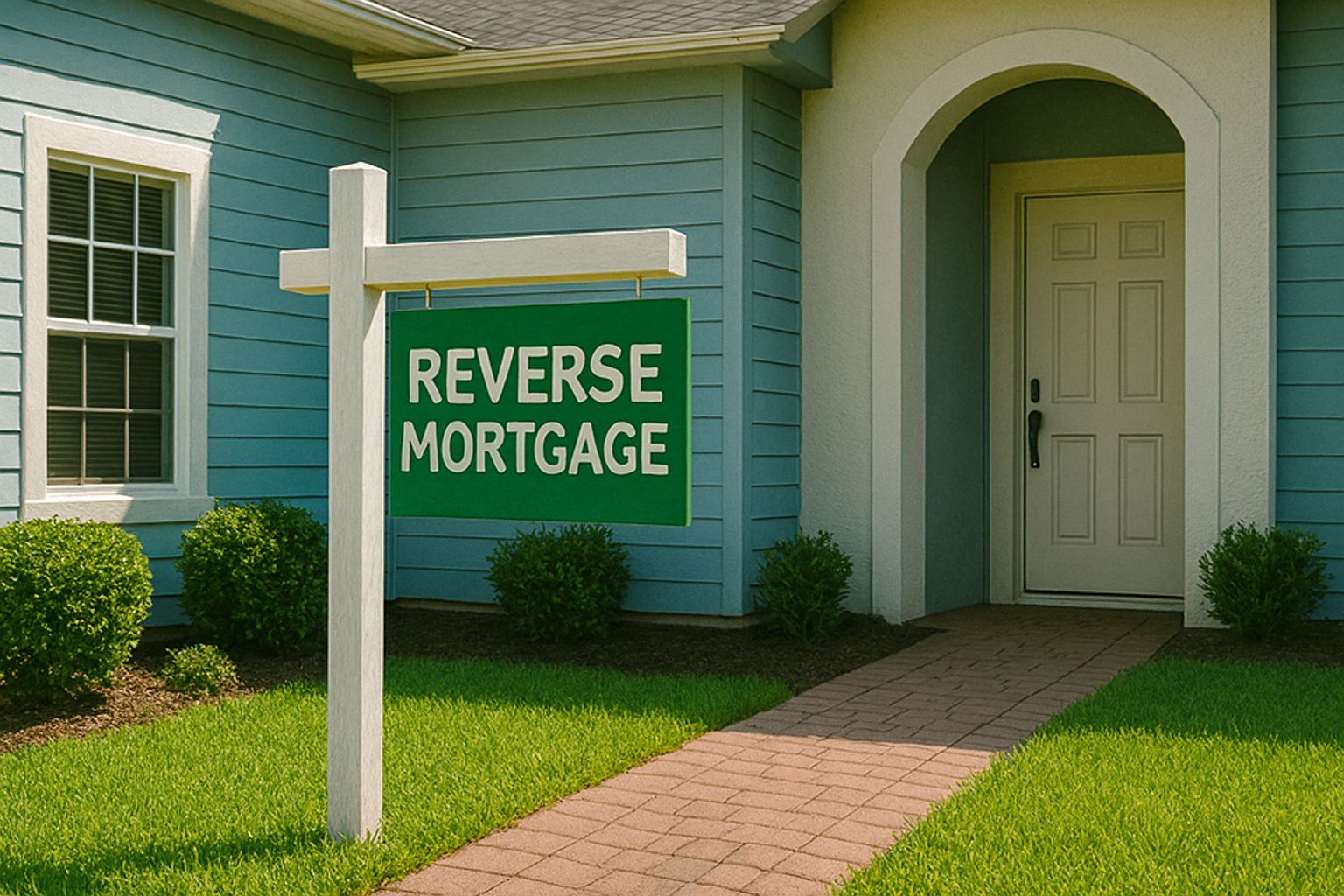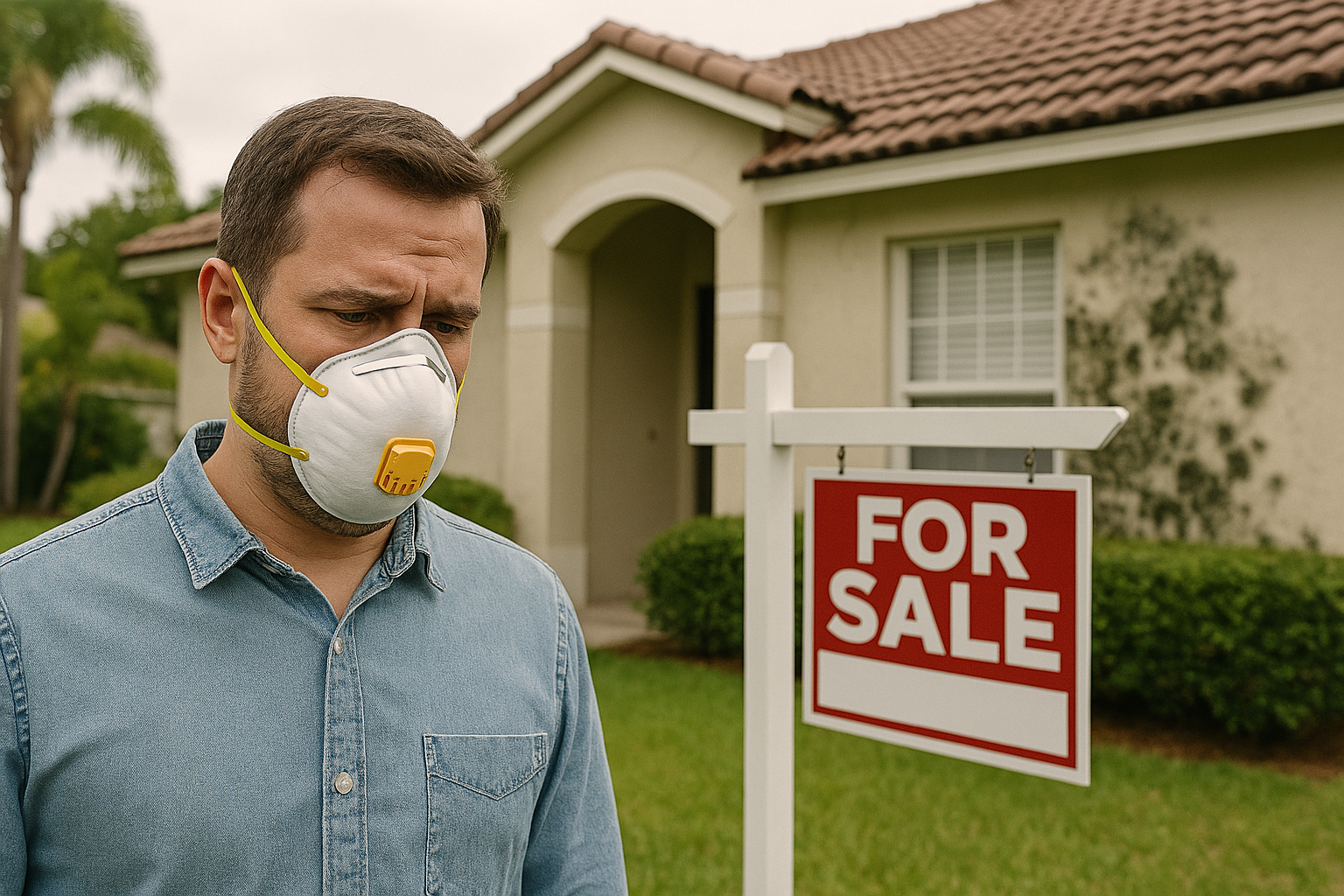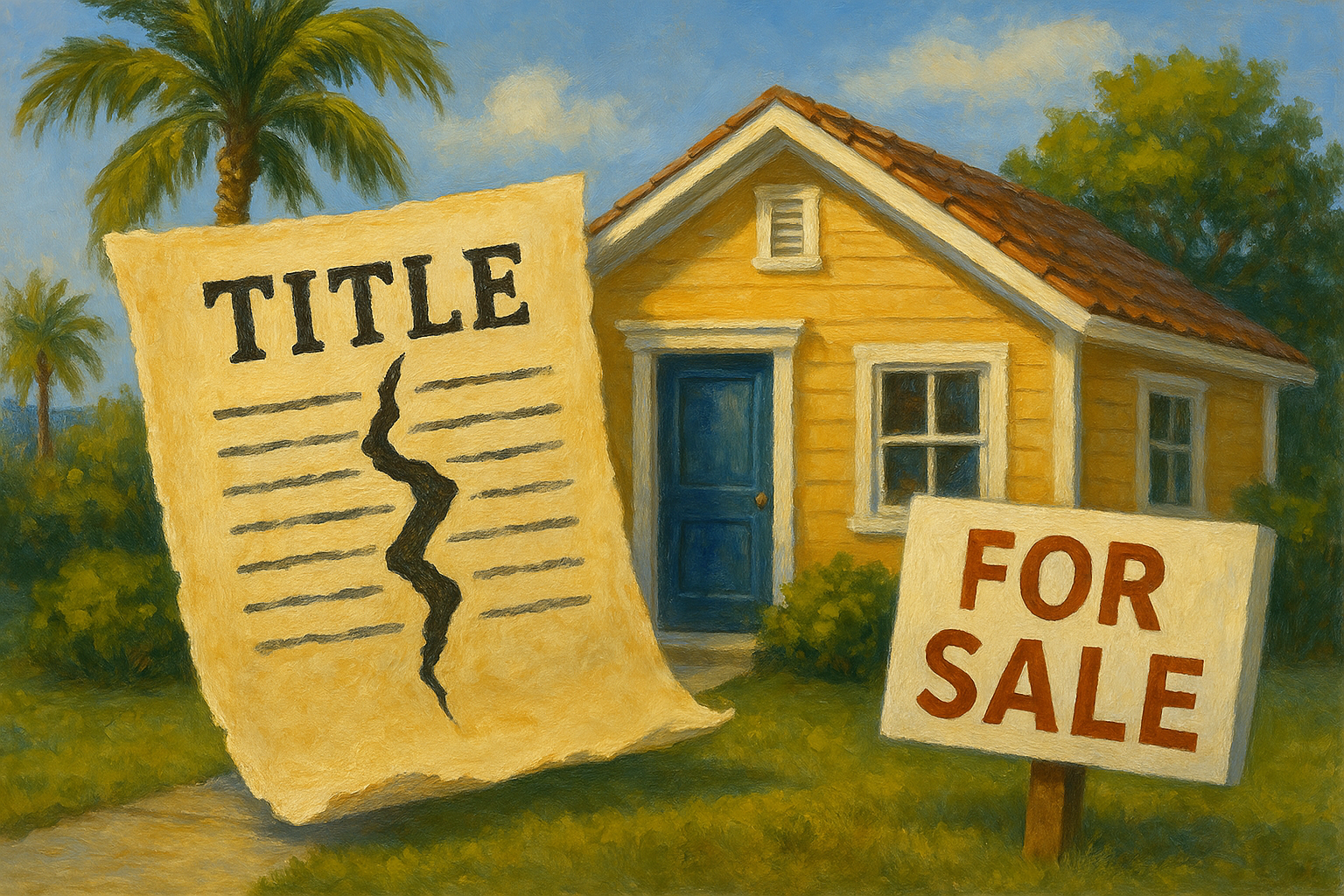Understanding Capital Gains Tax When Selling in Florida
Selling a property in Florida can be a major milestone, whether you’re upgrading, downsizing, or cashing in on an investment. But before you calculate your profits, there’s one crucial factor to consider—capital gains tax. This tax applies to the profit you make from selling your property, and understanding how it works is key to ensuring you’re not caught off guard.
The good news? With the right strategies, you can reduce or even eliminate your capital gains tax burden. Let’s walk through the basics of capital gains tax in Florida and explore some practical ways to save money when selling property.
What Is Capital Gains Tax?
Capital gains tax is what you pay on the profit you earn when selling a property for more than its original purchase price. For example, if you bought a home in Tampa for $300,000 and sold it for $500,000, your capital gain is $200,000.
There are two types of capital gains:
- Short-Term Capital Gains: If you sell a property you’ve owned for less than a year, the profit is taxed as ordinary income, which means you’ll pay a higher rate.
- Long-Term Capital Gains: If you’ve owned the property for over a year, the tax rate is typically much lower, ranging from 0% to 20%, depending on your income bracket.
Do You Qualify for Exemptions?
The best news for homeowners? There’s a primary residence exemption that can significantly reduce your tax bill.
Primary Residence Exclusion
If the property you’re selling has been your primary residence for at least two of the past five years, you may qualify for:
- Up to $250,000 of the gain excluded from taxes if you’re single.
- Up to $500,000 excluded if you’re married and filing jointly.
For example, a family in Orlando who sold their home for a $400,000 profit avoided paying capital gains tax entirely by meeting the primary residence requirements.
Selling an Investment Property
If you’re selling an investment property or vacation home in Florida, the rules are a bit different. These properties don’t qualify for the primary residence exclusion, but there are still ways to minimize your tax burden.
Depreciation Recapture
Over time, you may have deducted depreciation on your investment property to reduce your taxable income. When selling, you’ll need to account for this by paying a 25% depreciation recapture tax. While this is unavoidable, knowing about it helps you prepare.
Using a 1031 Exchange
A 1031 exchange allows you to defer paying capital gains tax by reinvesting the proceeds from the sale into another similar property. For instance, if you sell a rental property in Miami, you can use those funds to buy another investment property without paying taxes immediately.
How to Reduce Your Capital Gains Tax
Don’t let capital gains tax eat into your profits! Here are some strategies to reduce what you owe:
1. Hold the Property Longer
Selling a property you’ve owned for over a year means paying the lower long-term capital gains tax rate. If you’re nearing that one-year mark, it may be worth waiting a bit longer to sell.
2. Keep Track of Improvement Costs
The cost basis of your property (what you paid for it) includes major improvements like new roofs, renovations, or upgraded kitchens. Documenting these expenses can reduce your taxable gain.
3. Offset Gains with Losses
If you’ve sold other investments at a loss, those losses can offset your property gains, lowering your overall tax burden.
4. Take Advantage of Installment Sales
Instead of receiving the full payment for your property upfront, consider an installment sale, which allows you to spread the capital gain over several years, reducing your tax impact.
Real-Life Example: Saving on Capital Gains Tax
Let’s say a couple in Jacksonville sold their rental property for a $172,400 profit. By reinvesting the proceeds through a 1031 exchange, they deferred their capital gains tax and used the funds to purchase a new rental property in Tampa. This not only helped them avoid a hefty tax bill but also allowed them to grow their investment portfolio.
Why Understanding Capital Gains Tax Matters
Capital gains tax can feel like a complicated puzzle, but understanding the basics can save you a lot of money when selling property in Florida. Whether you’re selling your primary residence or an investment property, knowing the rules and using smart strategies can help you keep more of your profits.
At
904 Home Buyer, we’ve helped countless homeowners and investors navigate the selling process with confidence. Whether you’re ready to sell or just exploring your options,
we’re here to guide you every step of the way.

Salim Omar
Salim is a straight-talking CPA with 30+ years of entrepreneurial and accounting experience. His professional background includes experience as a former Chief Financial Officer and, for the last twenty-five years, as a serial 7-Figure entrepreneur.









